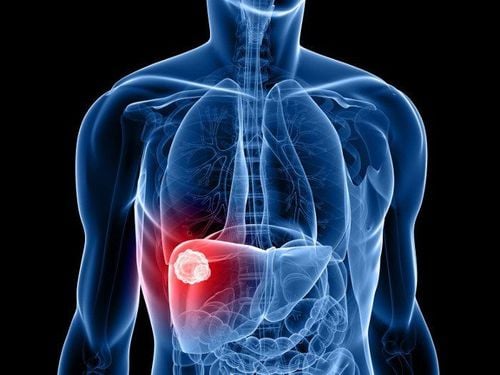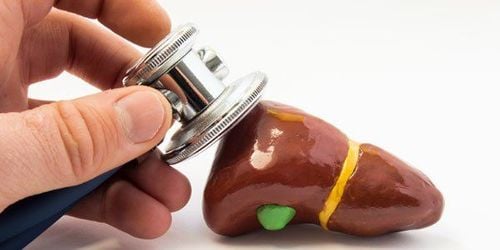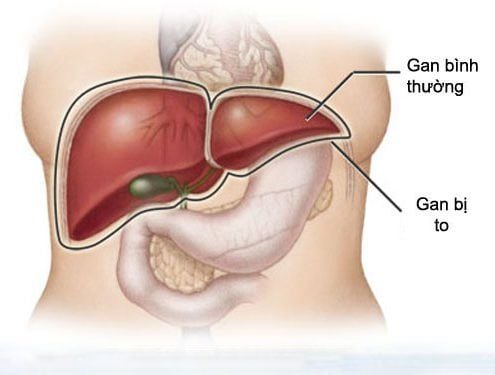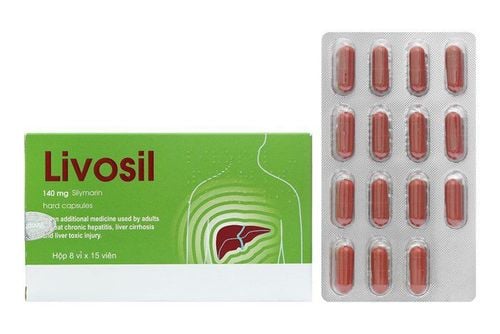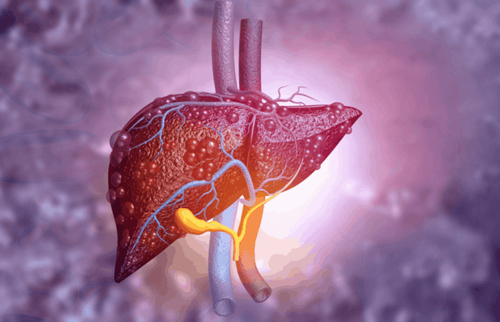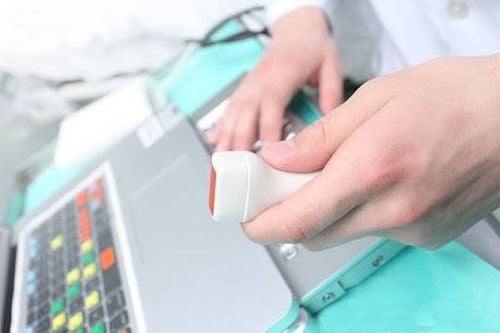This is an automatically translated article.
The article is professionally consulted by Master, Doctor Nguyen Hong Hai - Doctor of Radiology - Department of Diagnostic Imaging and Nuclear Medicine - Vinmec Times City International Hospital. The doctor has many years of experience in the field of diagnostic imaging.Liver biopsy is an invasive procedure to remove a small piece of liver parenchyma to diagnose certain liver diseases. The procedure is performed by an experienced doctor under the guidance of ultrasound, it takes a certain amount of time to get the results of the liver biopsy procedure.
1. What is a liver biopsy?
A liver biopsy is a procedure in which the doctor uses a needle to poke through the skin to take a small piece of liver parenchyma (this small piece of liver tissue will be viewed under a microscope) to diagnose certain diseases. conditions such as: cirrhosis, liver cancer,...Liver biopsy, which can be done when blood tests show an abnormal liver, or when X-rays, ultrasounds or CT scans show a problem with the liver . A liver biopsy may also be done to find the cause of jaundice or to check for cirrhosis, hepatitis, or liver cancer.
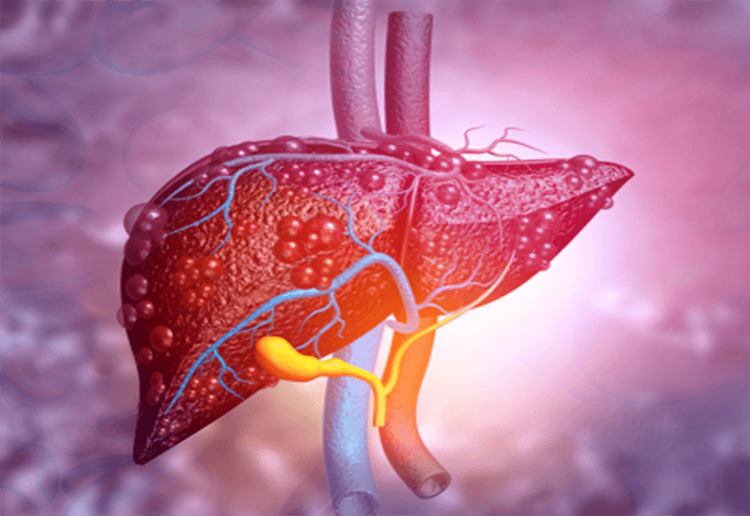
2. Indications for liver biopsy
Suspect liver cancer when abnormal mass is detected in the liver through X-ray, ultrasound, computed tomography or magnetic resonance imaging (MRI) of the abdomen Find the cause of jaundice such as cirrhosis, hepatitis, .. Find the cause cause of abnormal blood test results from the aspartate aminotransferase (AST) and alanine aminotransferase (ALT) tests. Both ALT and AST levels indicate liver damage and can help confirm liver disease. Assess whether other liver conditions, such as hemochromatosis and Wilson's disease, are present. Check response to treatment for liver disease. Determine if a drug, such as methotrexate, is causing toxic effects on the liver. Check the function of the transplanted liver.3. Notes when performing a liver biopsy
Stop medications such as: Aspirin, nonsteroidal anti-inflammatory drugs (such as ibuprofen or naproxen), or blood thinners at least 1 week before the test to reduce the risk of bleeding. Stop anticoagulants such as: Coumadin (warfarin) or Plavix (clopidogrel) at least 5 days before the procedure Inform your doctor about any heart medications you are taking, history of allergies to medications, any other medical conditions. If you have a bleeding problem or are pregnant, the Patient will be explained about the complications during the biopsy and asked to sign a consent form.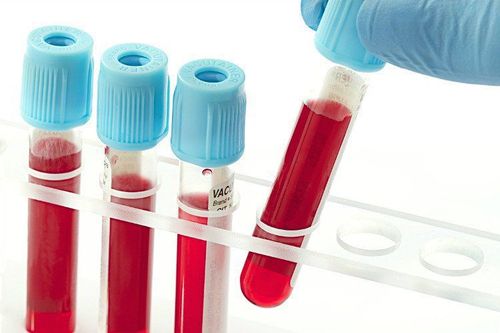
4. How long does a liver biopsy take to get results?
After the procedure, liver tissue samples are sent to the pathology laboratory to be examined under the microscope for liver diseases such as: Liver cancer or cirrhosis, hepatitis,...Test results Tests are usually ready in 2 to 4 days. If tests are done to look for an infection, it can take several weeks for the results to be available.
4.1 Normal
Liver tissue looks normal under the microscope. No signs of infection, inflammation, cancer or cirrhosis were present.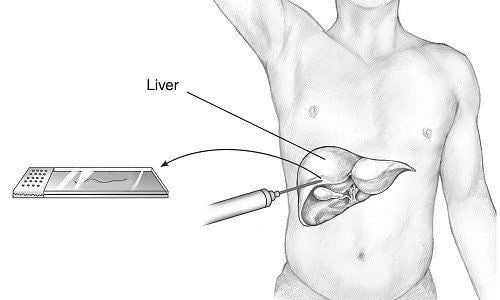
4.2 Abnormalities
Abnormal cells or liver tissue are present. This can be caused by an infection such as hepatitis, liver disease such as cirrhosis or cancer.If liver cancer is present, a biopsy can help find the type of cancer. If hepatitis is present, testing can be used to see your chances of developing cirrhosis. Test results can also show the severity of cirrhosis.
Liver biopsy is a relatively safe procedure, but in some cases complications can also appear, patients need to monitor their health carefully and return to the hospital immediately if there are abnormalities.
Please dial HOTLINE for more information or register for an appointment HERE. Download MyVinmec app to make appointments faster and to manage your bookings easily.





